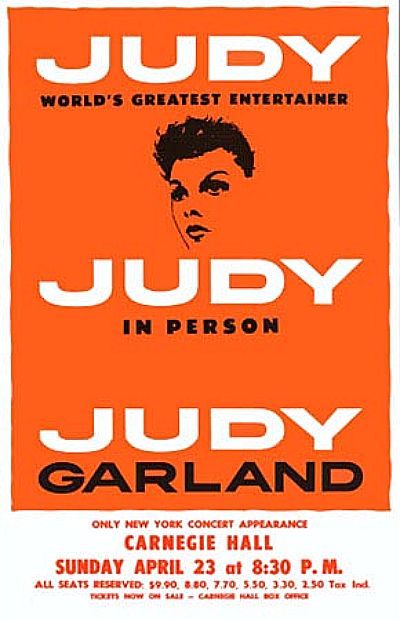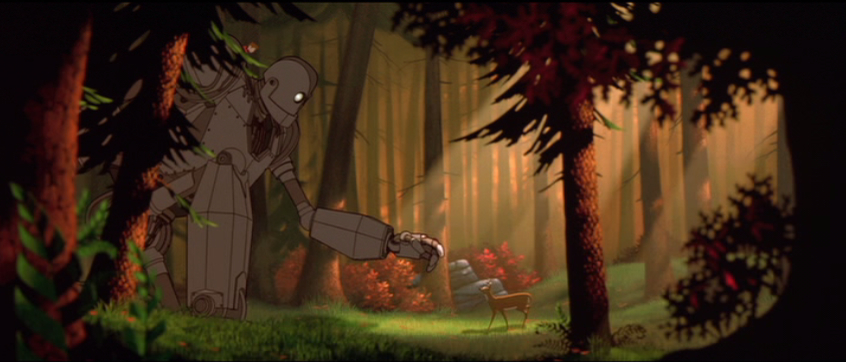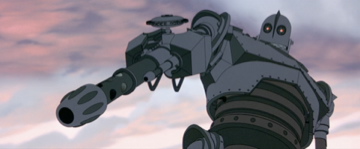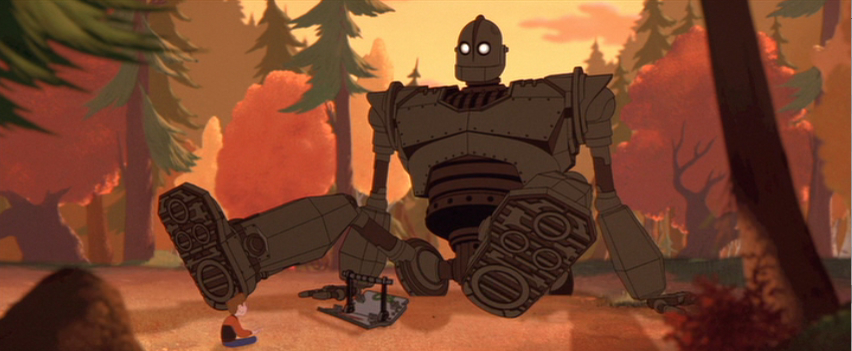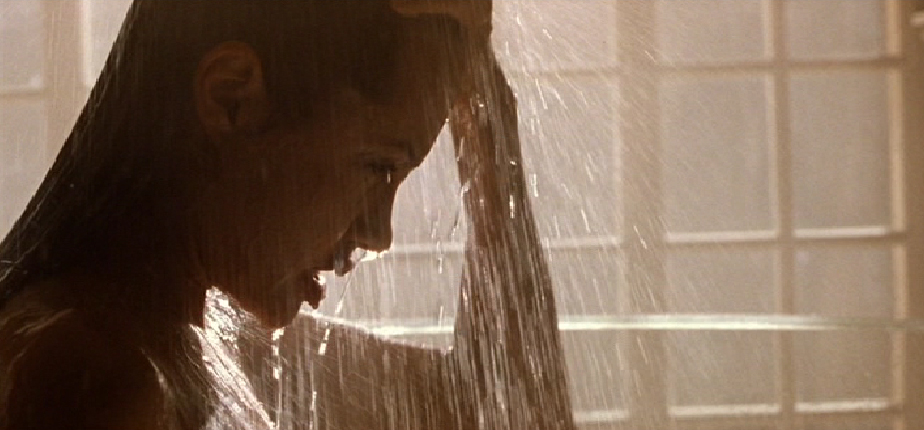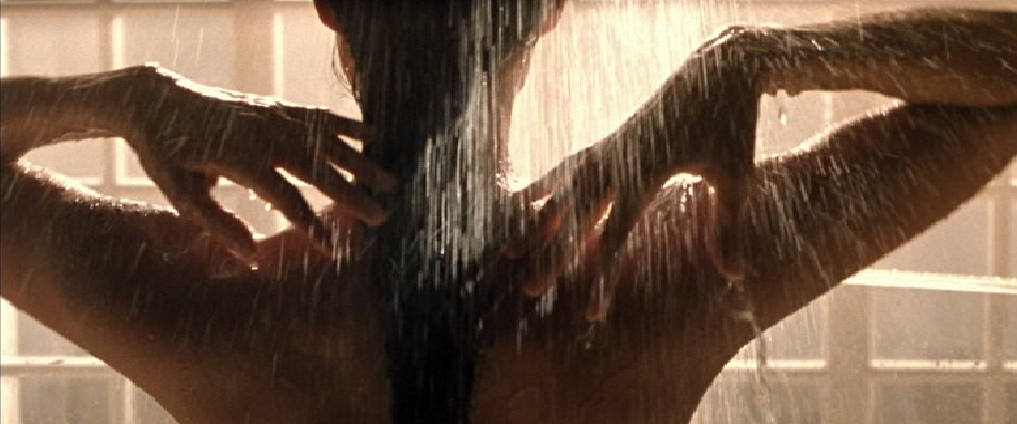"Hit Me With Your Best Shot" Summer Schedule
 Sunday, April 24, 2011 at 12:17PM
Sunday, April 24, 2011 at 12:17PM An exciting special episode of this series is coming up on Wednesday night! But until then, let's look ahead. If you're a new reader the concept of this series is that we choose a movie and anyone with a web home can post their choice for "best shot" with or without explanation and we link up. Complete List of Previous Episodes. It's like a tightly focused mini blog-a-thon. Some of the titles readers have been suggesting we'll get to eventually, some never and some I'm purposefully saving for later for various anniversary or other project reasons. [Please note: Somewhere (2010), previously announced, was cancelled due to highly annoying studio contract finagling spoiling our group play experiment. Studios have just started this one-month delay thing where certain titles are only available for purchases for the first 30 days, making for confusing DVD release calendars. If you've already written something up let me know...]
Summer Schedule

May 4th Eraserhead (1977) David Lynch
Netflix, Quickflix, Blockbuster, GreenCine, LoveFilm
May 11th Matador (1986) AND/OR Law of Desire (1987) [Pedro & Antonio Double Feature]
The Cannes film festival kicks off on this day. Let's celebrate by honoring the reunion of Pedro Almodóvar and his only true male muse Antonio Banderas in The Skin I Live In. For this edition you can do a double feature or choose either of Antonio's first two leading roles for Pedro. I'm watching both since the former is the only Pedro I've disliked and the latter is one of my all time favorite films; a revisit/reconsider seems in order.
Matador: Netflix, Quickflix, Blockbuster, Green Cine, LoveFilm
Law of Desire: Netflix, Quickflix, Blockbuster, Green Cine, LoveFilm
May 18th Tarzan the Ape Man (1932) Maureen O' Sullivan Centennial. She Jane!
Netflix, Quickflix, Blockbuster, Green Cine, LoveFilm
May 25th Star Wars (1977) The Ultimate Summer Blockbuster on its 34th anniversary.
Counter-Programming: The Hidden Fortress (1958) If you're feeling opressed by Emperor LucasFilms, join the Rebellion and cover the Akira Kurosawa swashbuckler that inspired it instead.
Star Wars: Netflix, Quickflix, Blockbuster, Green Cine, LoveFilm
Hidden Fortress: Netflix, Quickflix, Blockbuster, Green Cine, LoveFilm
June 1st Moulin Rouge! (2001) Insanity! 10th anniversary
Netflix, Quickflix, Blockbuster, GreenCine, LoveFilm
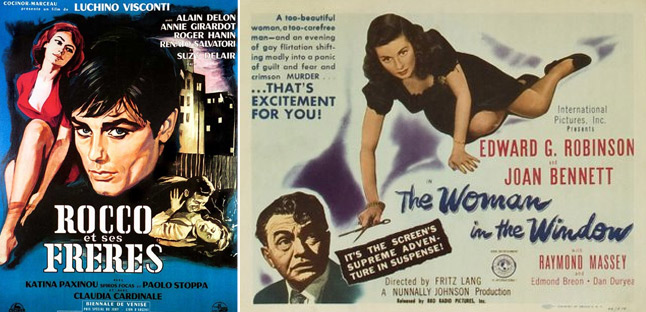
June 8th The Woman in the Window (1944) Several people suggested "M" or "Metropolis" which would be totally amazing but I need to step outside of my personal Fritz Lang comfort zone. Let's do this noir.
Netflix, Quickflix, Blockbuster, GreenCine, LoveFilm
June 15th Peggy Sue Got Married (1986) Francis Ford Coppola
Netflix, Quickflix, Blockbuster, GreenCine, LoveFilm
June 22nd Rocco and His Brothers (1960) Luchino Visconti
Netflix, Quickflix, Blockbuster, GreenCine, LoveFilm
Closing titles for Season 2 will be announced in June.
 Hit Me With Your Best Shot
Hit Me With Your Best Shot 


